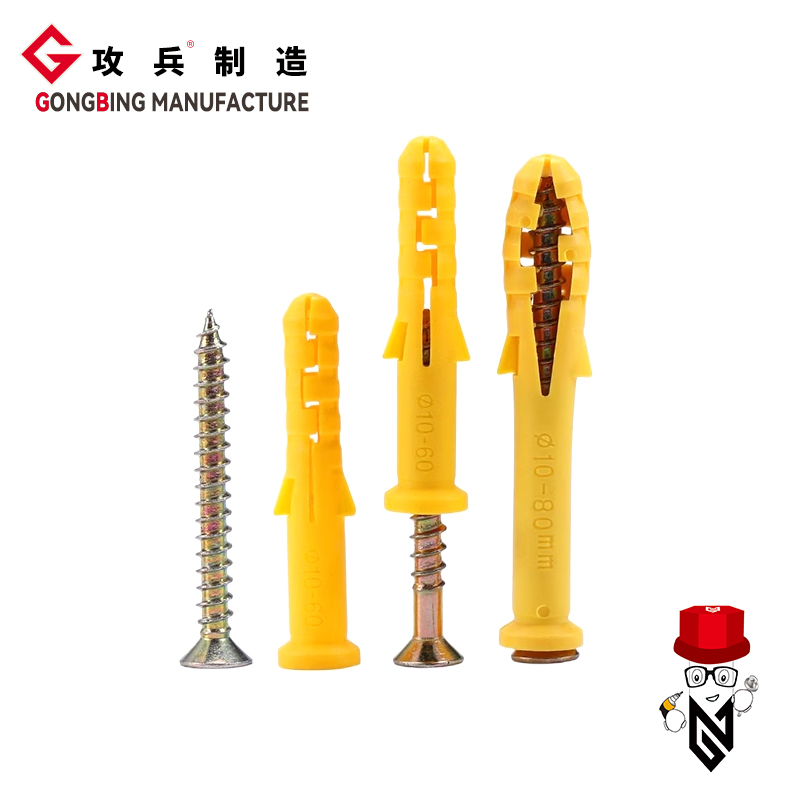Innovative Solutions for Installing Self-Drilling Roofing Bolts Efficiently in Construction Projects
Self-Drilling Roofing Bolts A Comprehensive Overview
Self-drilling roofing bolts are essential components in the construction and mining industries, providing crucial support and stability for various structures. These specialized bolts combine drilling and fastening functions into a single device, making them a popular choice for professionals seeking efficiency and reliability in their projects.
Understanding Self-Drilling Roofing Bolts
At its core, a self-drilling roofing bolt is a fastener that integrates a drill bit onto its shaft, allowing it to penetrate through materials while simultaneously securing them. This unique design eliminates the need for pre-drilled holes, significantly reducing installation time and labor costs. Typically made from high-strength steel, these bolts are engineered to withstand harsh environments, ensuring durability and longevity.
One of the key advantages of self-drilling roofing bolts is their versatility. They can be used in a variety of applications, including mining roofs, steel structures, and even in various types of roofing systems. Their ability to provide immediate support upon installation makes them particularly valuable in situations where quick reinforcement is required, such as during emergency repairs or in remote locations with limited access to tools and equipment.
The Installation Process
Installing self-drilling roofing bolts is relatively straightforward but requires careful attention to detail to ensure optimal performance. The first step involves preparing the surface where the bolts will be installed, ensuring it is clean and free from debris. Next, the bolt is positioned at the desired angle and pressure is applied to engage the self-drilling tip. As the bolt is driven into the material, it creates its own hole, securing the surrounding structure and forming a strong joint.
Using the right torque is critical during installation. Over-tightening can lead to material damage, while under-tightening may result in insufficient support. Therefore, contractors often utilize torque wrenches to achieve the appropriate pressure and prevent common issues related to bolt failure.
Advantages of Self-Drilling Roofing Bolts
self drilling roofing bolts

The popularity of self-drilling roofing bolts stems from several distinct advantages
1. Efficiency The ability to drill and fasten in one operation reduces installation time. This is particularly beneficial in large-scale projects where time is a critical factor.
2. Cost-Effective Eliminating the need for pre-drilling reduces labor costs, making self-drilling bolts a cost-effective solution for many applications.
3. Structural Integrity These bolts provide robust support, ensuring that structures remain stable and secure over time. Their design minimizes risks associated with traditional fastening methods.
4. Adaptability Self-drilling bolts can be utilized across various industries, including construction, mining, and even in the production of portable structures.
5. Easier Maintenance In the long term, the maintenance of self-drilling bolts is simpler compared to other fastening systems, as they are less likely to loosen or degrade under stress.
Considerations for Use
While self-drilling roofing bolts offer numerous benefits, there are some considerations to keep in mind. It is essential to select the appropriate bolt size and material based on the specific application and the conditions it will face. Additionally, ensuring that the installation is carried out by trained professionals can further enhance performance and reliability.
In conclusion, self-drilling roofing bolts represent an innovative solution for securing structures in demanding environments. Their unique design, efficiency in installation, and ability to provide immediate support make them an indispensable option for construction and mining projects. By understanding their advantages and considerations, professionals can make informed decisions, ensuring the safety and durability of their structures.
-
Weatherproof Plastic Expansion Anchors for OutdoorNewsJun.06,2025
-
Sustainability in the Supply Chain: Eco-Friendly TEK Screws ProductionNewsJun.06,2025
-
Load-Bearing Capacity of External Insulation FixingsNewsJun.06,2025
-
Double Head Bolts: Enhancing Efficiency in Industrial MachineryNewsJun.06,2025
-
Corrosion Resistance in Chipboard Screws: Coatings for Wholesale DurabilityNewsJun.06,2025
-
Butterfly Toggle Bolts : Enhancing Structural ResilienceNewsJun.06,2025
